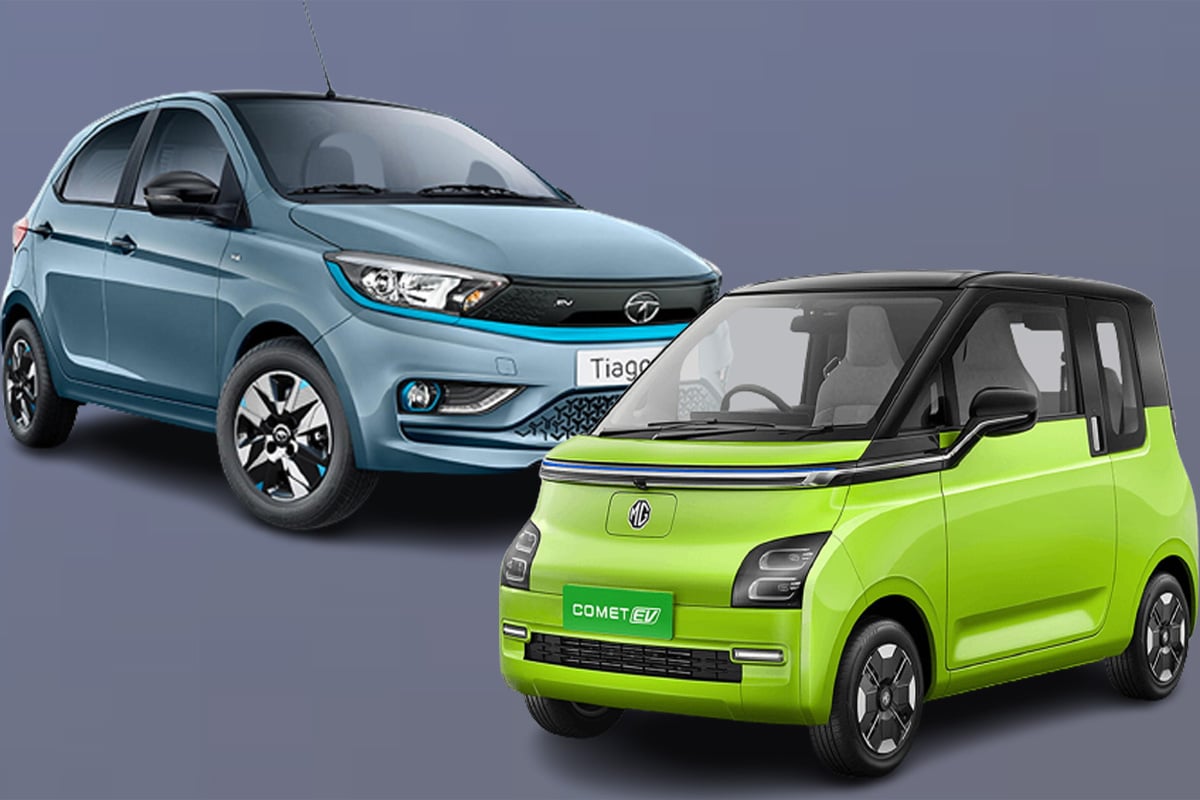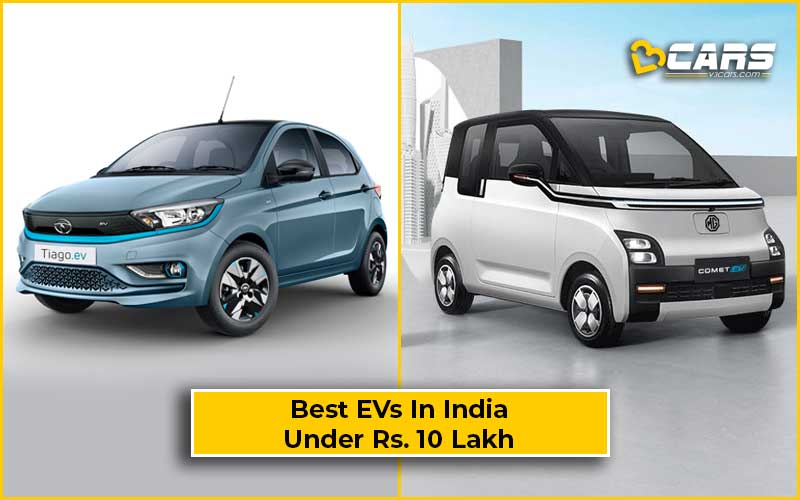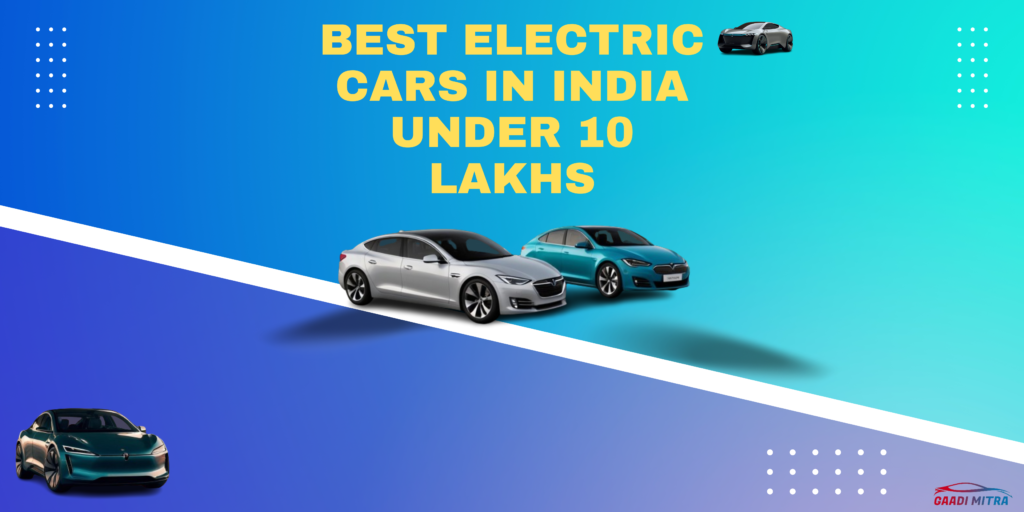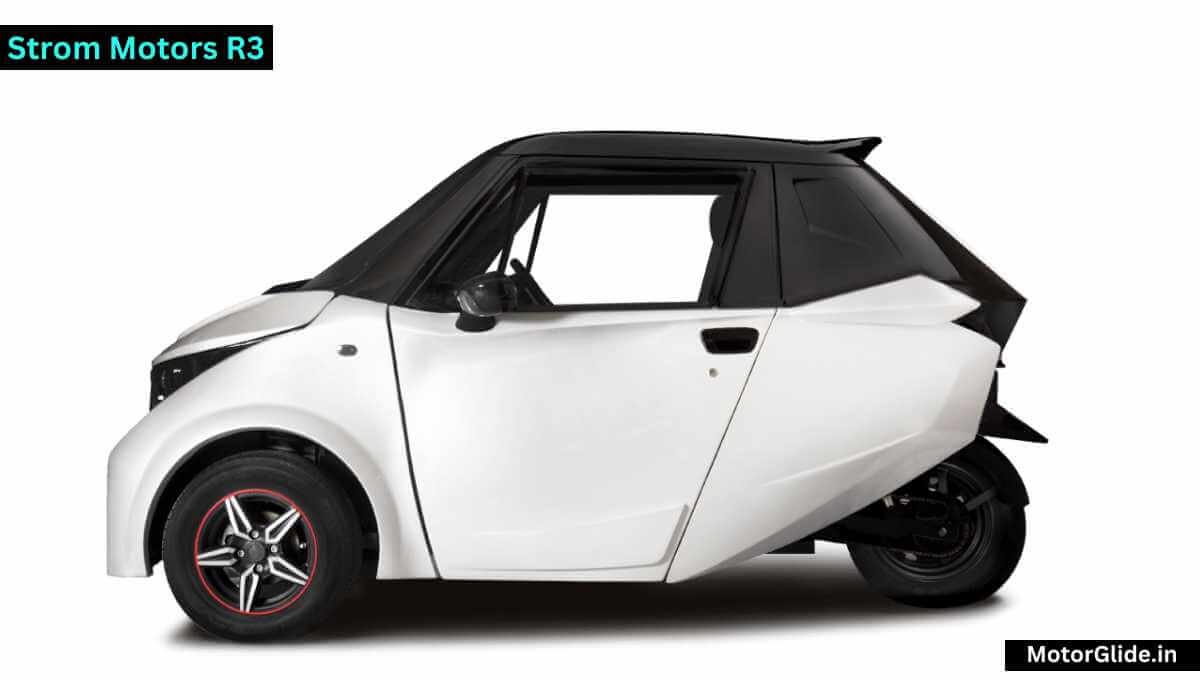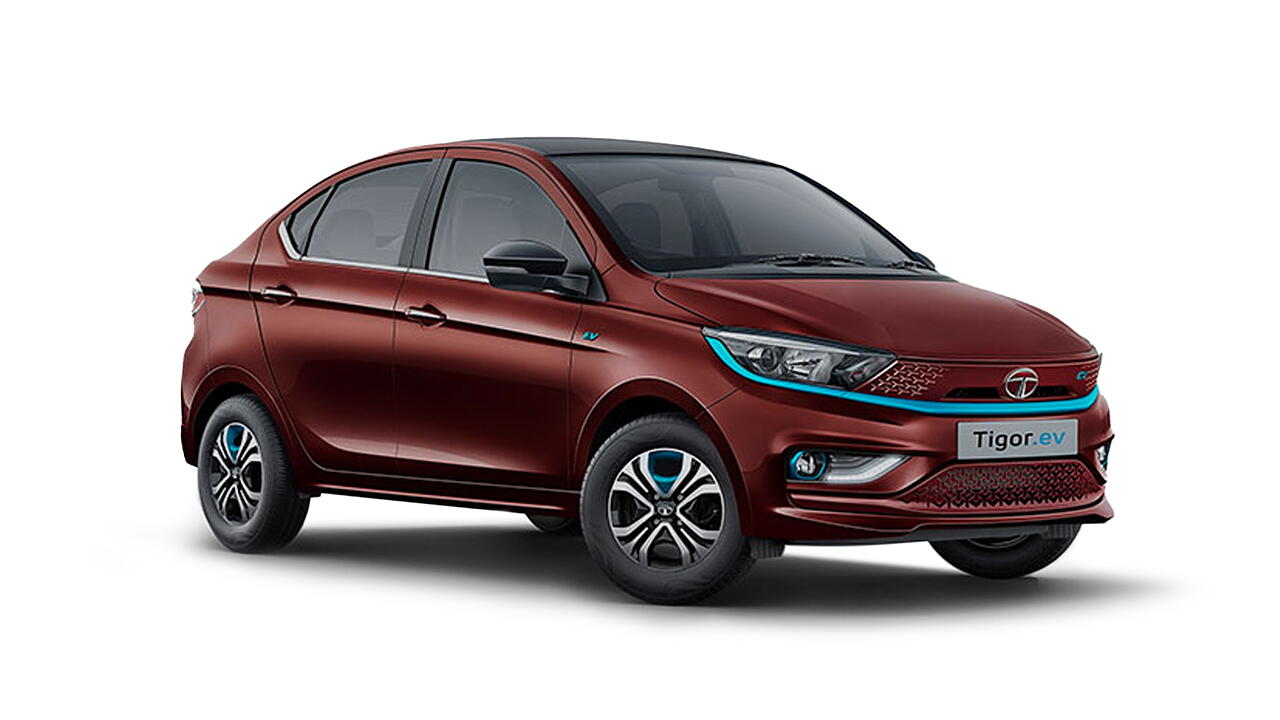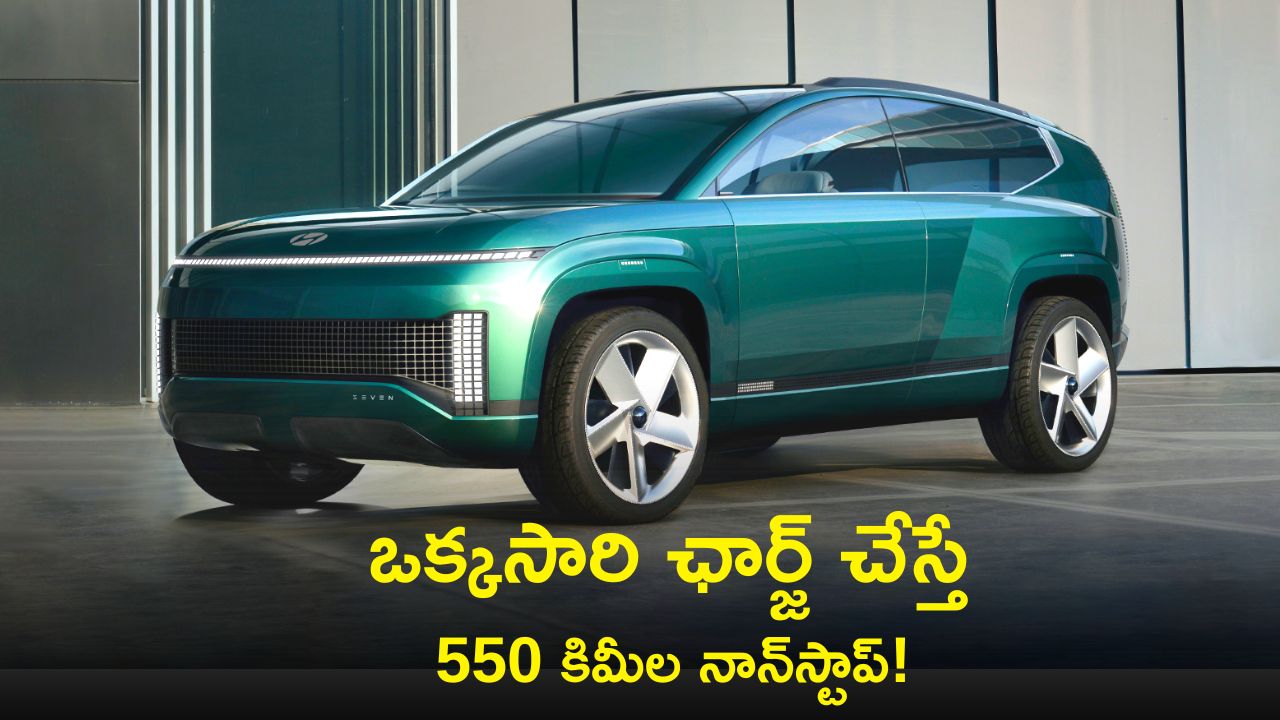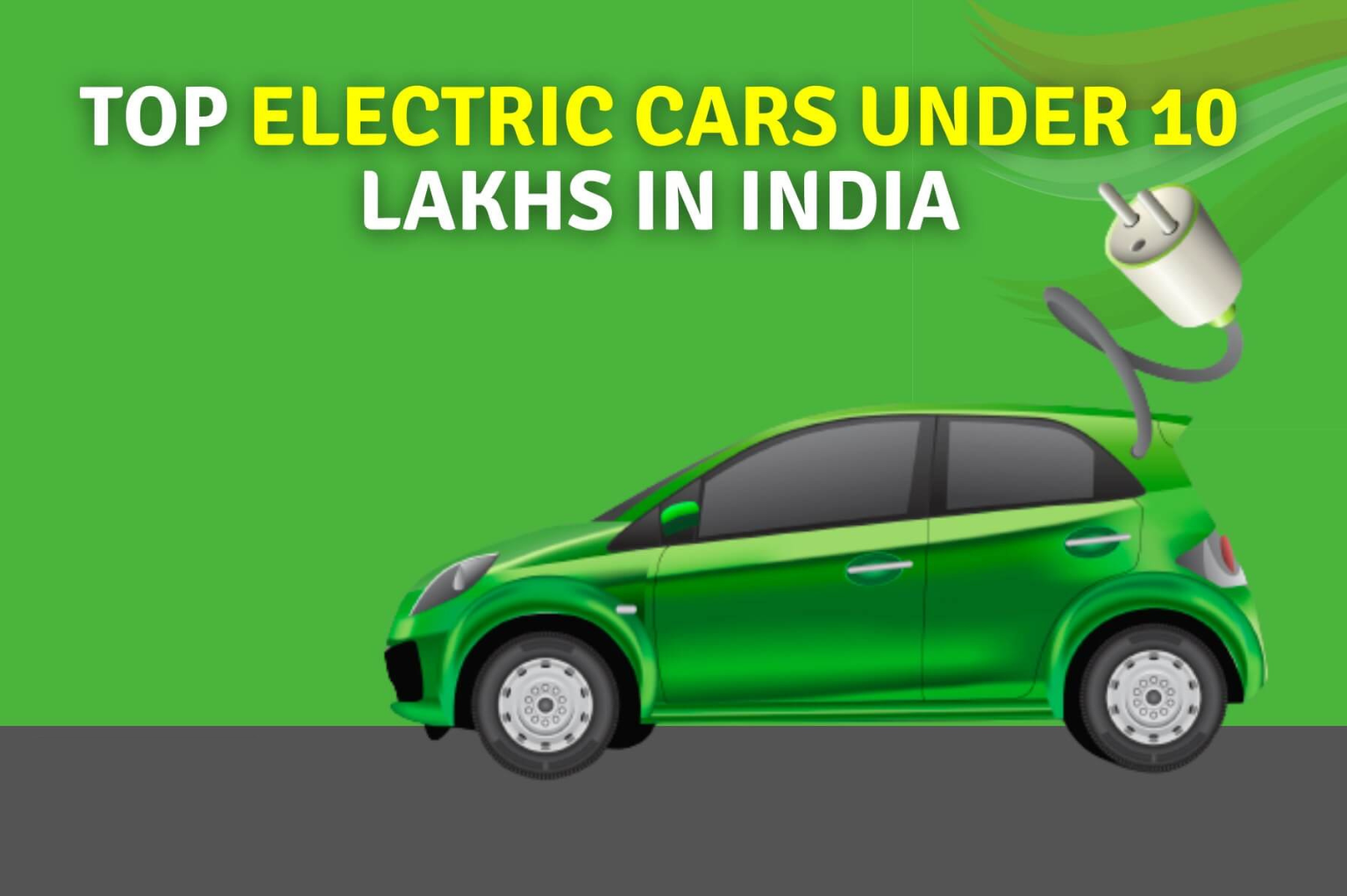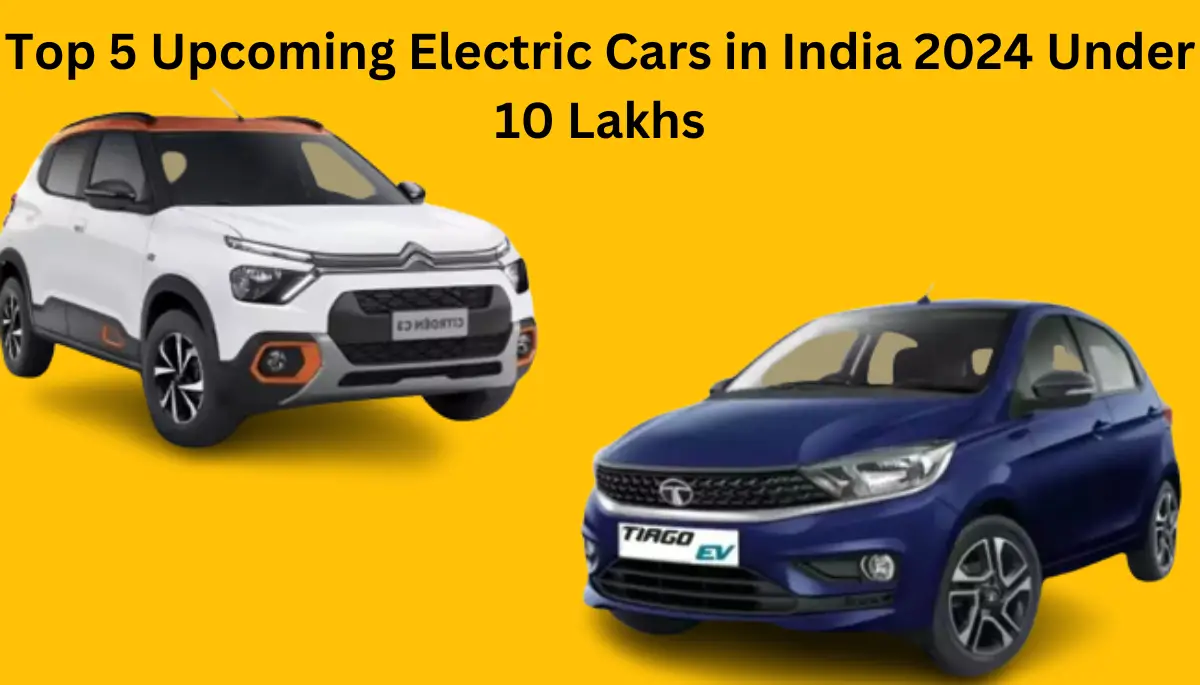Electric Cars In India Under 10 Lakhs
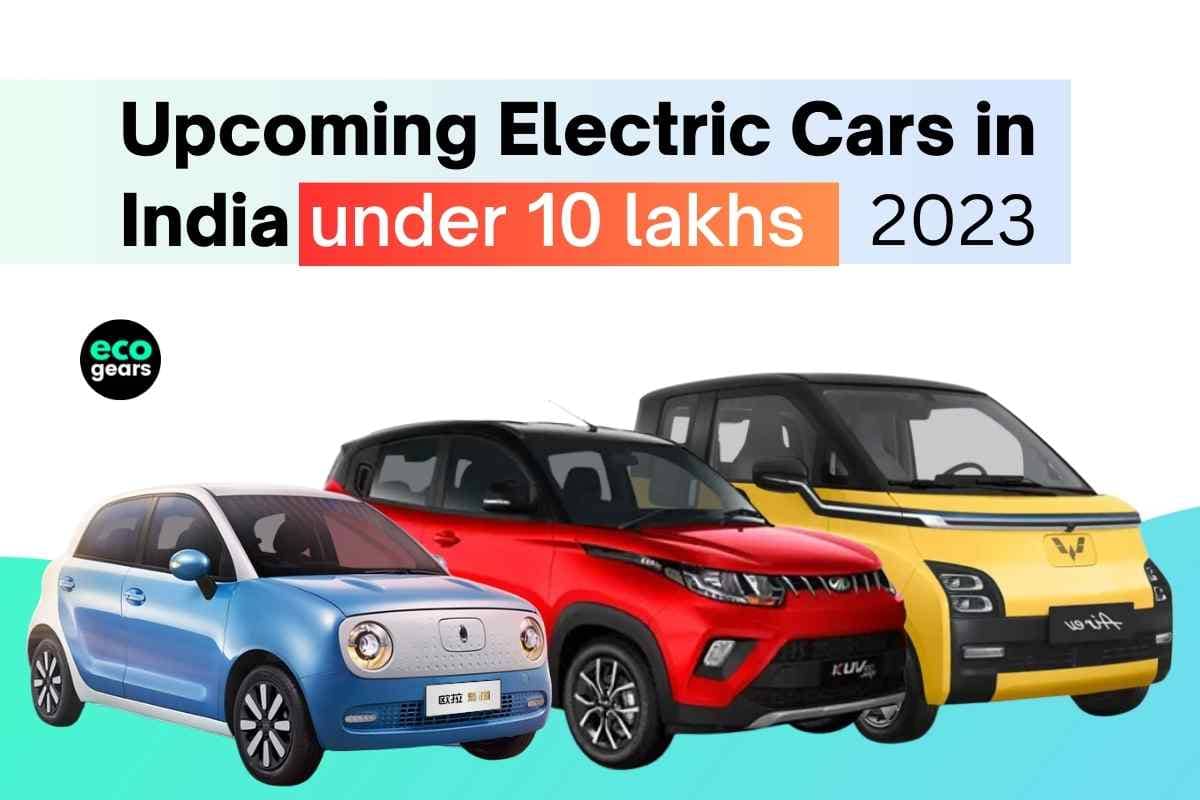
The Indian electric vehicle (EV) market is experiencing a surge in interest, particularly within the affordable segment. Automakers are increasingly focusing on launching electric cars priced under ₹10 lakhs, aiming to make EVs accessible to a wider consumer base.
This development marks a significant shift in the Indian automotive landscape, potentially accelerating the adoption of electric mobility and contributing to reduced emissions. It addresses the pressing need for affordable and sustainable transportation options in a country grappling with air pollution and rising fuel costs.
The Rise of Affordable EVs
Several manufacturers have already introduced or announced plans to launch EVs falling within this price bracket. Tata Motors, for example, has been a frontrunner with the Tata Tiago EV, which currently holds a significant share in the affordable EV market.
Other players, including MG Motor India and potentially Maruti Suzuki in the future, are also reportedly exploring options to enter this segment. These efforts signal a growing commitment from automakers to democratize EV technology.
Key Models and Features
The Tata Tiago EV offers a range of around 250 kilometers on a single charge, depending on the battery pack selected. It also features essential functionalities like regenerative braking and connected car technology.
While specific details on other upcoming models are still emerging, they are expected to offer similar or improved range and features to remain competitive. Price remains a central factor, with manufacturers aiming to minimize costs without compromising on safety or performance.
MG Motor India announced plans for a compact EV that falls under the ₹10 lakhs price bracket, but details are still scarce. Maruti Suzuki's potential entry into this segment is highly anticipated, given their established market presence and expertise in affordable car manufacturing.
Challenges and Opportunities
While the sub-₹10 lakh EV segment presents a huge opportunity, challenges remain. The high cost of batteries, limited charging infrastructure, and range anxiety are primary concerns for potential buyers.
The government's role is critical in addressing these challenges. Incentives, such as subsidies and tax benefits, are crucial to making EVs more affordable. Furthermore, investment in public charging infrastructure is essential to alleviate range anxiety and encourage wider adoption.
"The future of mobility in India is electric, and affordability is key to driving mass adoption. We need to focus on lowering the total cost of ownership for EVs, including the initial purchase price and running costs." - Statement from a senior official at the Ministry of Road Transport and Highways (Source: Press Trust of India)
Beyond government support, technological advancements are also playing a vital role. Battery technology is constantly evolving, leading to improvements in range and reductions in cost.
Innovative charging solutions and business models are also emerging, addressing the need for convenient and accessible charging options.
Impact on Consumers and the Environment
The availability of affordable EVs has the potential to transform the lives of many Indian consumers. Lower running costs compared to petrol or diesel vehicles can lead to significant savings over the vehicle's lifespan.
Furthermore, EVs contribute to improved air quality, particularly in urban areas, by reducing emissions of harmful pollutants. This has a positive impact on public health and the environment.
As the EV market matures, the availability of affordable options will play a crucial role in accelerating the transition to sustainable transportation in India.
A consumer named Ramesh Kumar, a taxi driver in Delhi, expressed his interest: "If I can get an electric car for under ₹10 lakhs, my fuel costs will drastically reduce. That will significantly increase my income."
Looking Ahead
The sub-₹10 lakh electric car segment in India is poised for significant growth in the coming years. Increased competition among automakers, government support, and technological advancements are expected to drive down prices and improve the performance of EVs.
This will make electric mobility accessible to a larger segment of the population, contributing to a cleaner and more sustainable future for India. The journey towards a fully electric vehicle fleet is still long, but the emergence of affordable EVs is a crucial first step.
